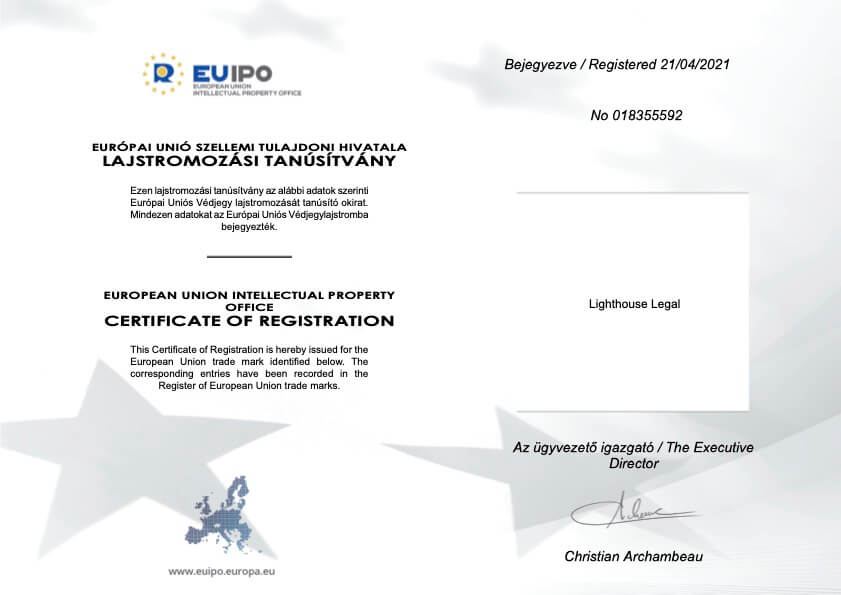
A former employee of our client brought a claim against the employer, alleging that the employer misled him and that not the person entitled to do so terminated his employment.
He, therefore, requested the court to declare that the termination of his employment by mutual agreement was unlawful and to apply the legal consequences of that termination.
Our client requested we act on its behalf as a defendant in the proceedings. In preparing our counterclaim, we discovered that the employer's HR director had informed the former employee that his employment was to be terminated with immediate effect since the employee had used company taxi vouchers for private purposes without approval.
Although the company's CEO made the decision, he delegated the communication to the HR Director because he was prevented from being present.
The former employee did not contest his misconduct but requested his employment be terminated differently. The HR Director informed the employee of the possibility and the conditions of termination by mutual agreement. Then he told the CEO on the phone, who agreed to such termination and authorised the HR Director to sign the agreement, which was consequently carried out.
The court of first instance agreed with our legal position and did not find the employee's allegation of error proven, nor did it accept his objection that the agreement was invalid since it was not signed by the person in charge. The court declared that the HR Director had acted as a representative following the decision taken by the person authorised to exercise the employer's powers.
To our surprise, the court of second instance found the termination of the employment to be unlawful. Although it agreed that our client had not misled the plaintiff in terminating the employment relationship, it also agreed that the employer had delegated the communication of its decision.
However, according to the court, the communication was not lawful because there needed to be written authorisation. We disagreed with the decision and, together with our client, appealed to the Hungarian Supreme Court.
The Hungarian Supreme Court agreed with our position and found that the person entitled to exercise the employer's powers took the employer's decision to terminate the employment relationship and that there was no infringement. Indeed, a representative can communicate the employer's decision. Since the authorisation was accepted as proven by the court of second instance and the agreement to terminate the employment relationship was put in writing, no formal unlawfulness could be recognised.

